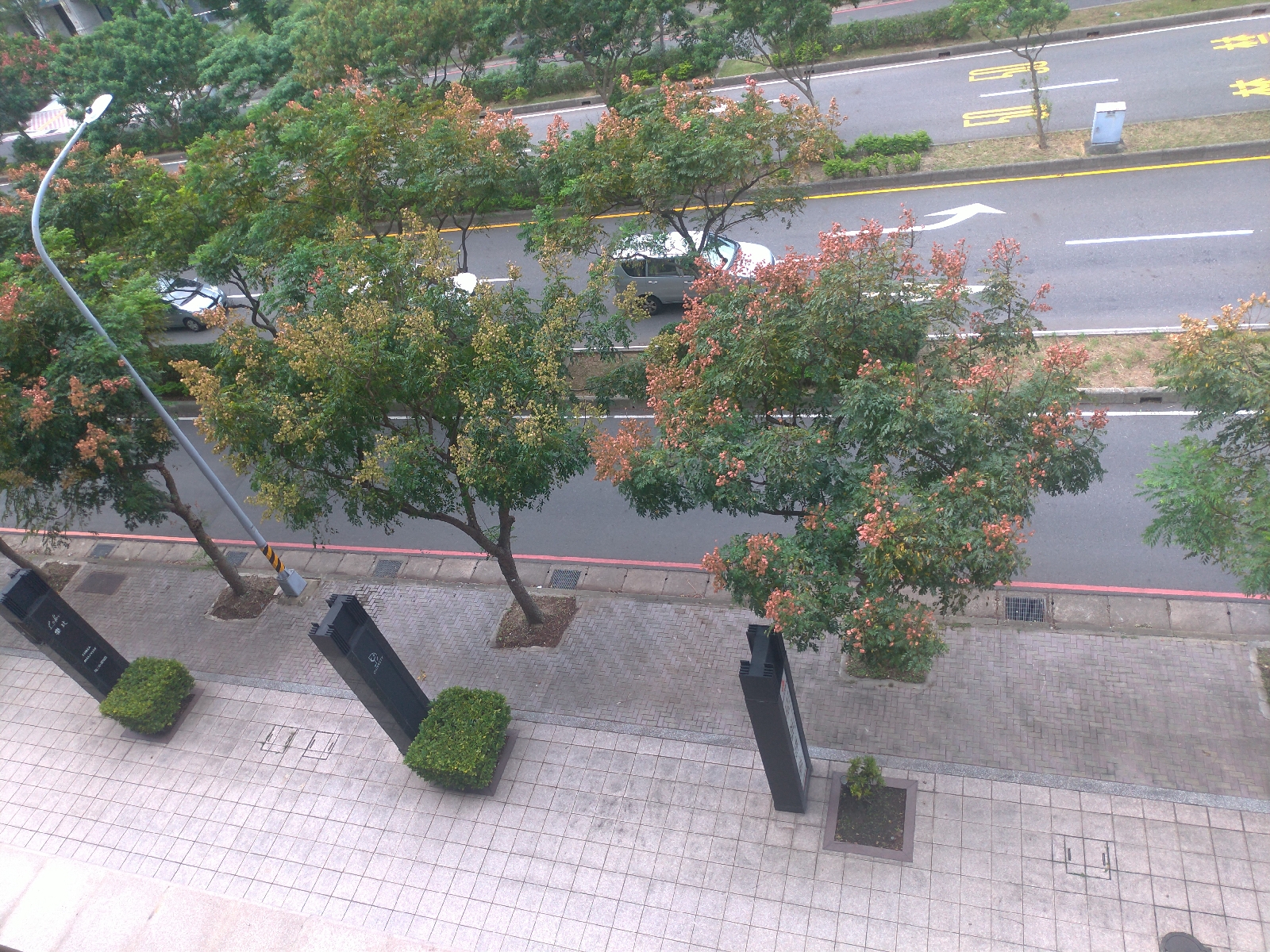(一)
首先你要理解,這是有名的星期天,
連有名的上帝,都偷懶的星期天,
意思是說,包子決定,好好喝完,七桶茅台,打完七炮,今天不要,糟蹋中國,
(二)
Sunday Historian,星期天的歷史學家,
Monday Existentialist,星期一的存有哲學家,
意思是說,星期天,沒有存有的問題性,
(三)
腳踏車,打氣筒,
(四)
形上學的形成,必由形下的材料,極端高壓高溫,核融合而成,意思是說,形下形上本為一體,鑽石就是碳(元素),意思是說,可貴的形下,難得的是形上,形上只是,形下的詐(乍)現,被當成恆現,其實它仍為詐(乍)現,
(五)
至此,你可以理解,車行形上學,可貴在行,難得雖在形上,但即使沒有,仍然要行,
而且切記,形上貴在,形上的碎片,非形上的系統,
(六)
Can we say that the metaphysical consolidation (Nietzsche) was meant to mean metaphysical system? And, if what we can aspire to now is nothing more than metaphysical fragments, is it still possible to be consoled? (ChatGPT, 2024-10-27)
Nietzsche’s idea of metaphysical consolidation refers less to a structured, traditional metaphysical system than to a state of holistic meaning or unity, something that could ground existence in a meaningful way. For Nietzsche, metaphysical systems—like those developed by Plato, Kant, or Hegel—often sought to establish absolute truths or universal principles that could serve as foundational certainties for life. But Nietzsche saw these systems as illusory constructs, ultimately reflections of human desires for stability and order rather than genuine, self-evident truths.
By fragments, Nietzsche suggests that after the “death of God” (and the corresponding collapse of absolute truths), all we have left are provisional, localized forms of meaning. Rather than consolidating reality into a single, coherent system, we are left with fragments of insights, interpretations, and perspectives—ways of engaging with existence that are incomplete and often contradictory.
As for consolation, Nietzsche would challenge the assumption that metaphysical systems were ever a source of genuine consolation; rather, he believed they created comforting illusions. While fragments may lack the unity or totality traditionally associated with consolation, they can offer something Nietzsche valued deeply: a more honest, life-affirming engagement with reality. This fragmented approach allows for a kind of consolation that embraces life’s inherent unpredictability and multiplicity rather than seeking to control or subdue it. In this sense, yes, it is still possible to be consoled—though the nature of that consolation is less about peace or certainty than about a courageous acceptance of life’s complexities.
(七)
Some distraught rebels have tried “cutting the cord”—shunning social media, disconnecting from the IOT, or living off the grid—but the devastating head-on collision between freedom and technology demands deeper, wider, more thoughtful remedies than that.
It might even require a complete overhaul of your current worldview
Excerpt from: "Believing Is Seeing: A Physicist Explains How Science Shattered His Atheism and Revealed the Necessity of Faith" (Michael Guillen, 2021)
(八)
Your worldview is not based on logic. It is based on faith. That’s right: faith. Like everyone else’s worldviewincluding mine—yours is ultimately based on what you believe to be true, on ideas and feelings that cannot ever be proved.
That is why faith, far from being a weakness, is far stronger than logic, stronger than empirical evidence, and certainly stronger than feelings. Faith is the mysterious, widely misunderstood agent that powers every one of your worldview’s unprovable beliefs. It’s the granite foundation that supports the entire weight of your worldview. (Ibid)
(九)
Now, the problem is, this guy is trying to sell his faith.
(十)
當我說,死不足畏,生大于死,
這明顯是 faith,
(十一)
意思是說,難怪我無法証明(justify),
(十二)
導航王 TM (annual subscription, 2024-10-27),
全聯入會,為買一送一,
(十三)
